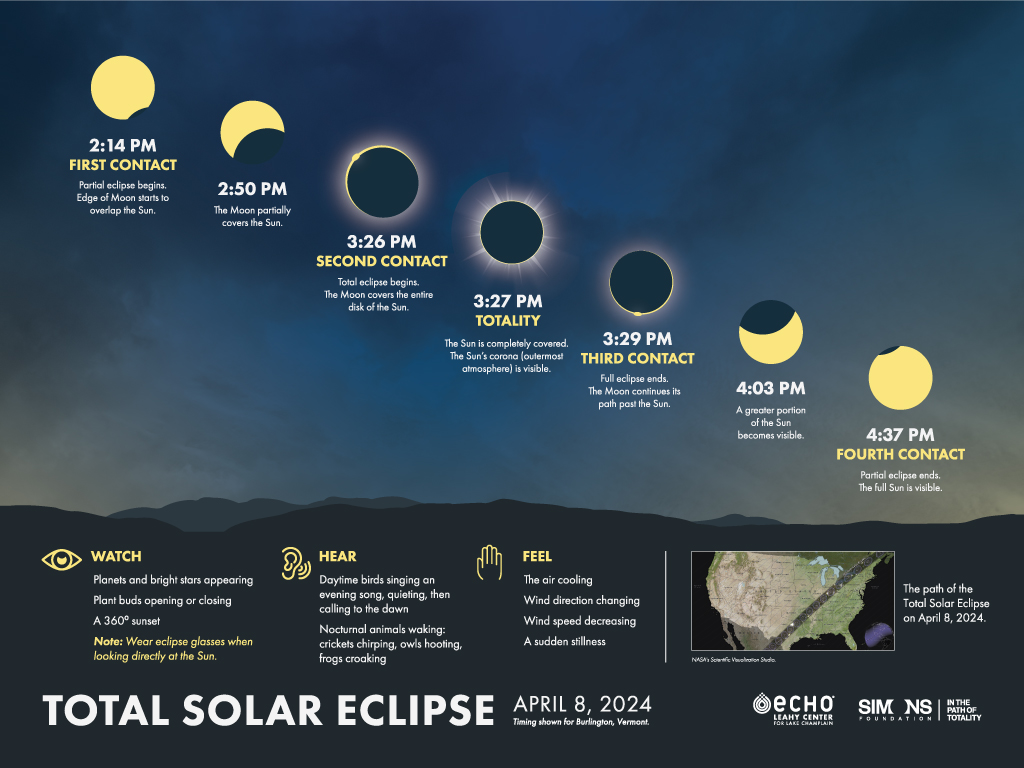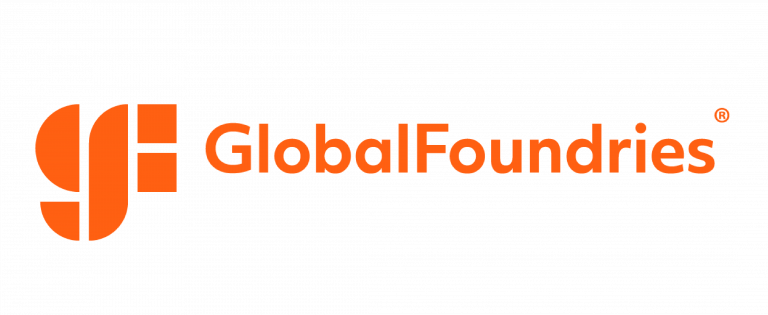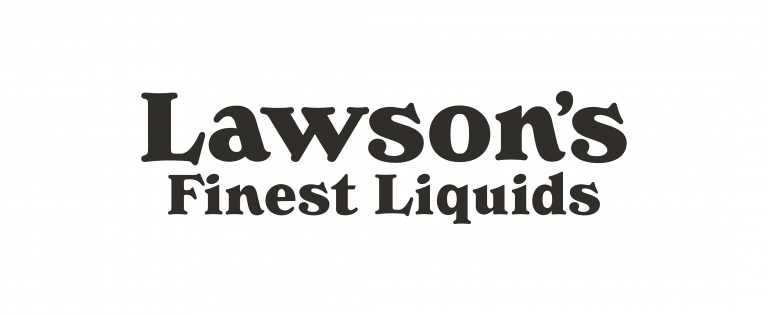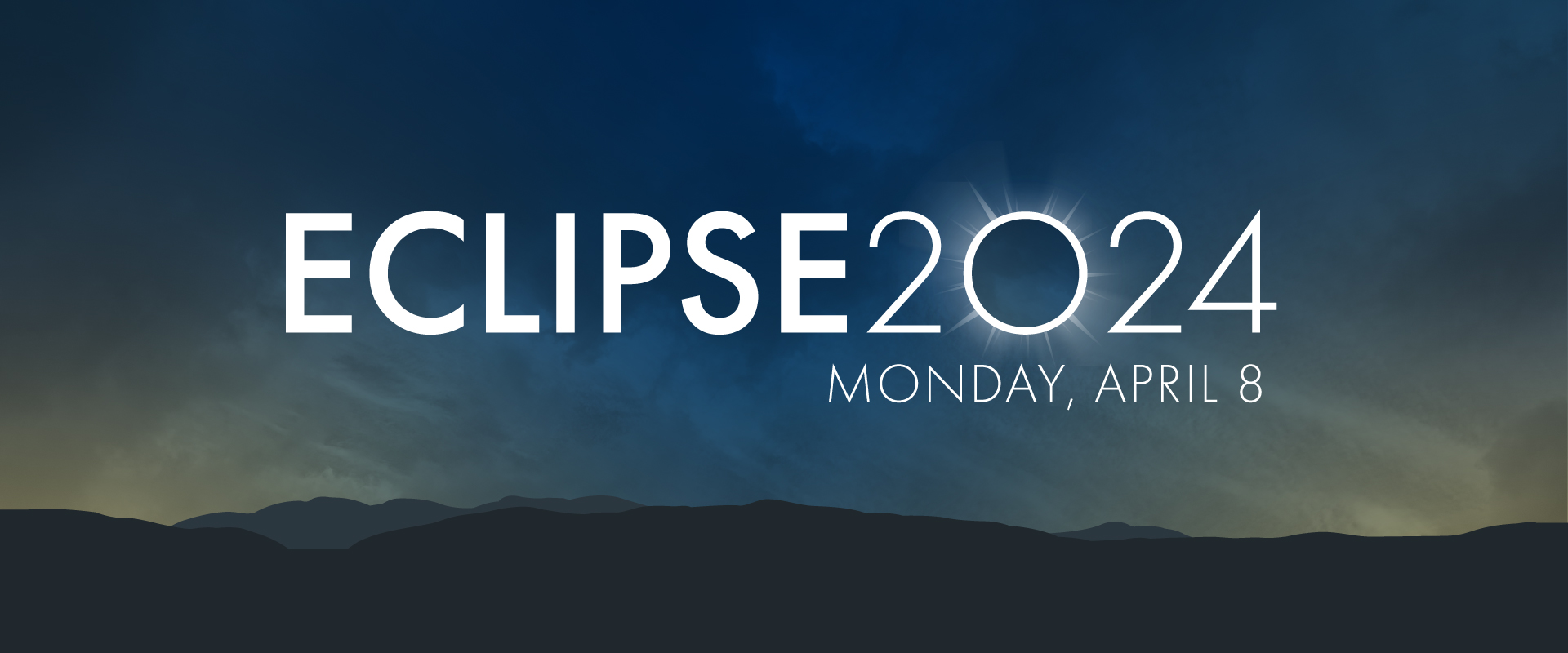
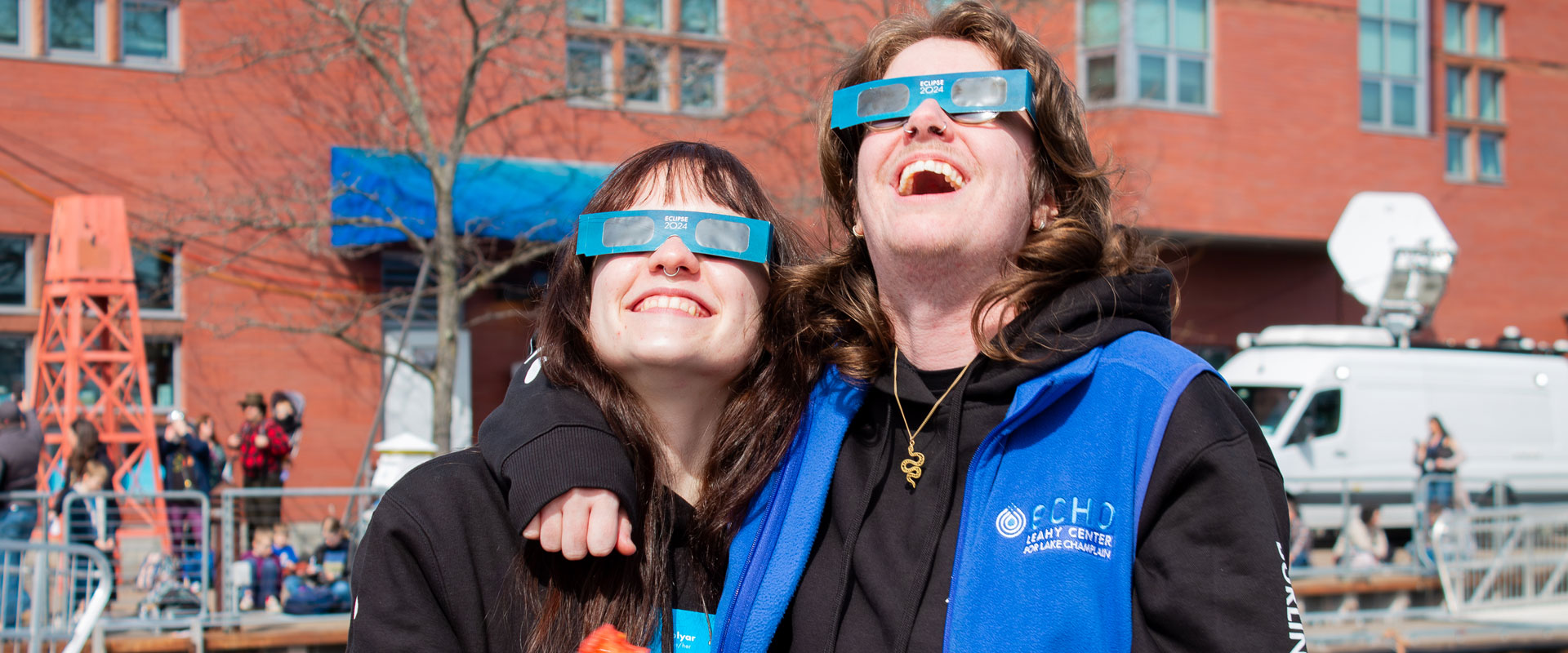
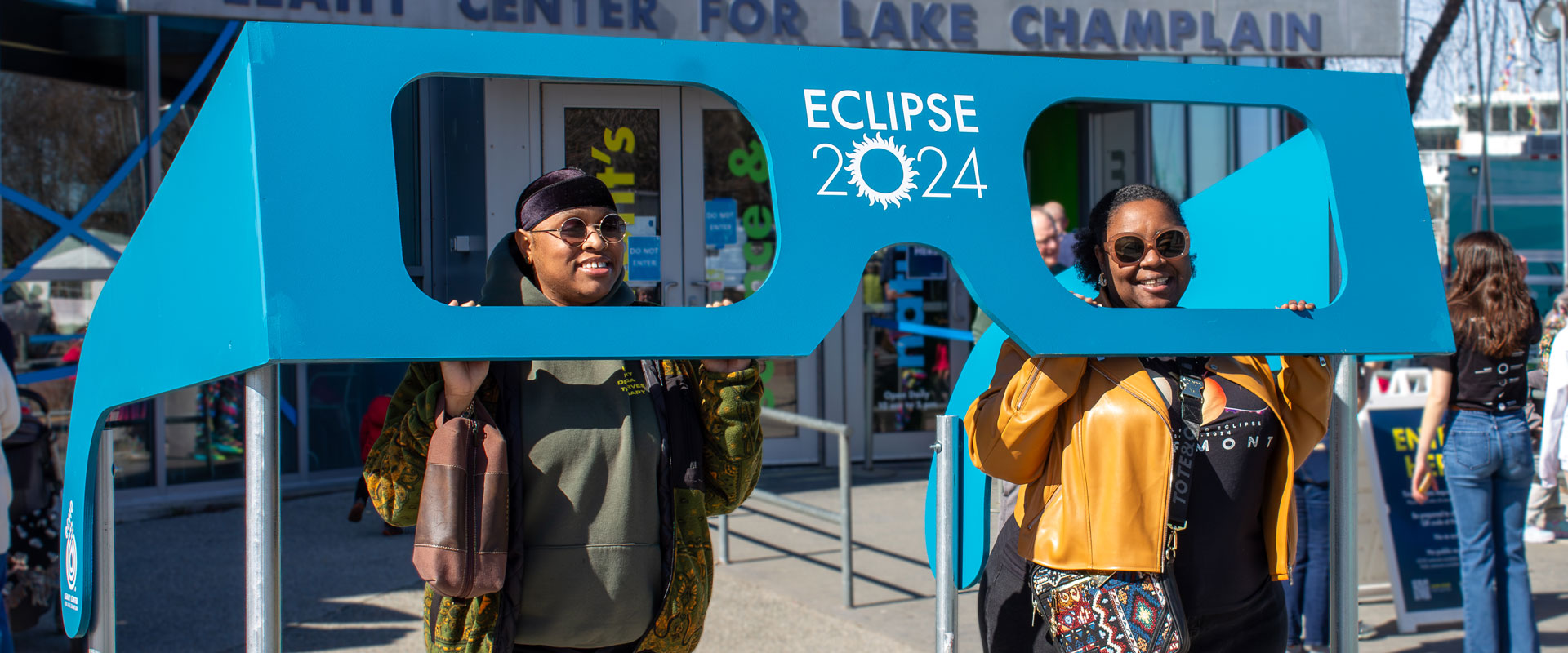
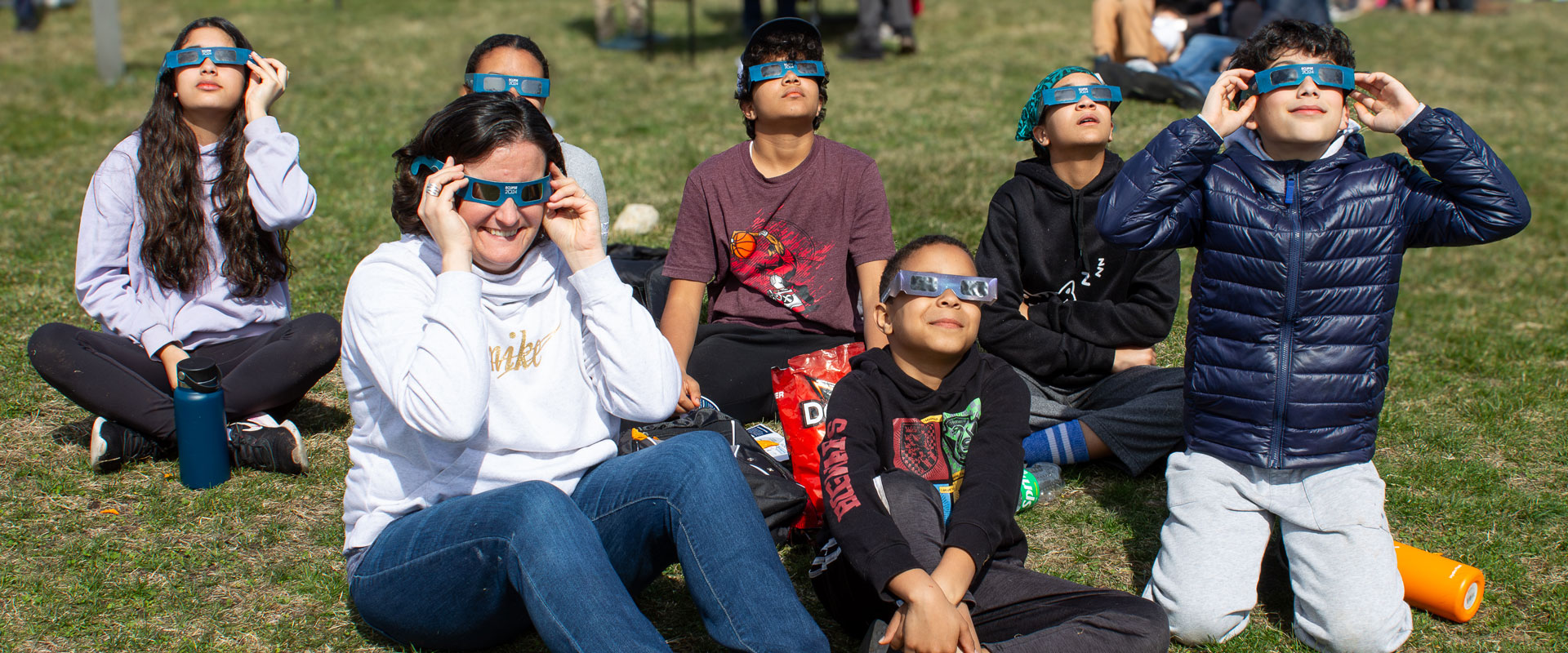
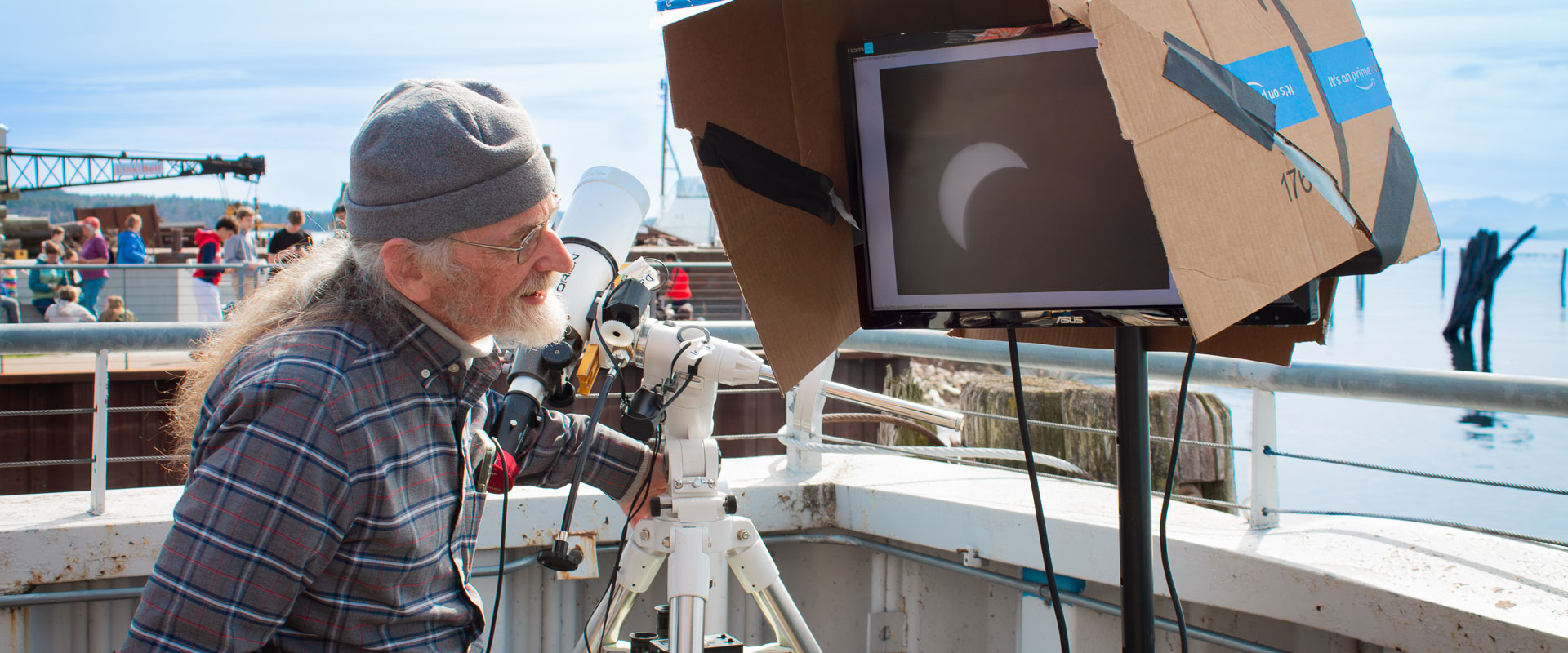
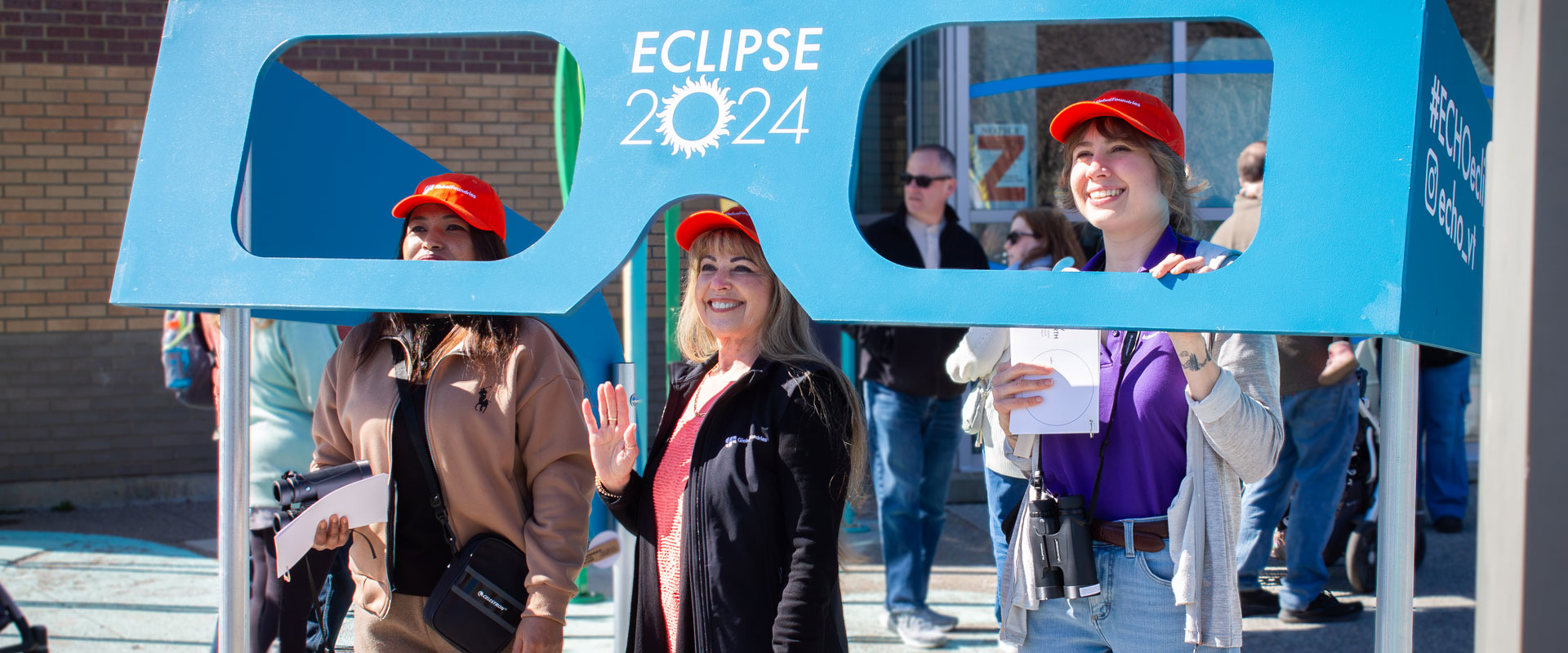
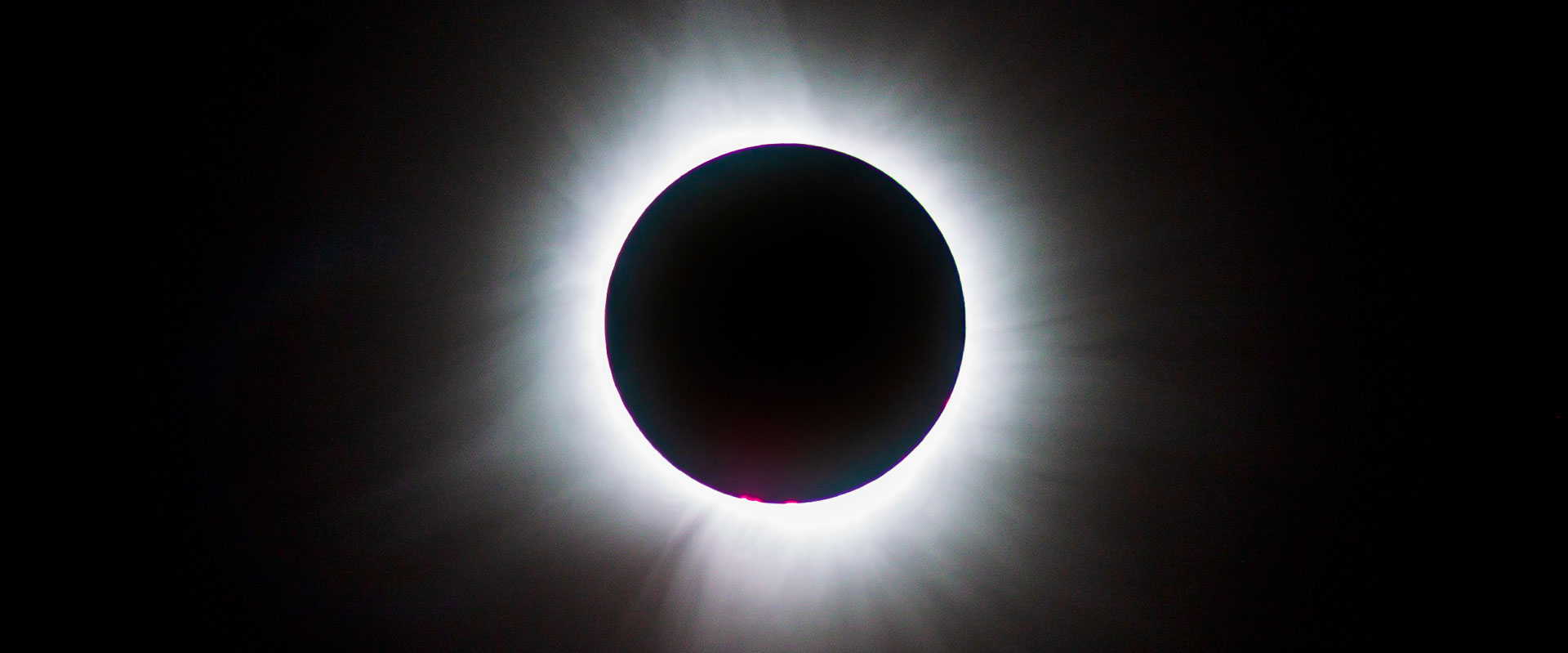
On April 8, 2024, a total solar eclipse passed over ECHO’s campus in Burlington, Vermont.
In addition to our on-campus Solar Eclipse Festival and Eclipse 2024 event, ECHO partnered with local organizations, schools, and libraries to spark the joy of scientific discovery and promote safe viewing practices in communities across Vermont.
Eclipse 2024 Gallery
On Monday, April 8, ECHO staff, educators, and volunteers, including over 30 volunteers from local company Global Foundries, facilitated eclipse education and safe viewing both inside the museum and out in the community. Between the ECHO campus and educational tents at two City of Burlington viewing sites, staff, educators, and volunteers interacted with an estimated 1,400 community members and visitors.
This work is supported by the Simons Foundation and is part of its ‘In the Path of Totality’ initiative.
Eclipse Outreach Kits
As part of our mission to spark the joy of scientific discovery across Vermont, ECHO produced 52 custom eclipse education and activity kits. These kits, distributed to libraries, schools, and community service organizations across Vermont, helped to facilitate eclipse education, catalyze community viewing events, and promote safe observation practices.
This work is supported by the Simons Foundation and is part of its ‘In the Path of Totality’ initiative.
Eclipse 2024 Live Stream
On Monday, April 8, ECHO partnered with the Vermont Astronomical Society to stream the eclipse live through a tracking telescope as it passed over ECHO’s campus in Burlington, Vermont.
Eclipse Timeline:
Media Coverage
As Vermont’s science and nature museum, ECHO is proud to be a trusted source for eclipse education. From answering questions about how to watch the eclipse with kids to showcasing eclipse eyewear and beyond, ECHO educators in the media brought critical eclipse safety information to viewers and readers. Additionally, ECHO was proud to host multiple live media broadcasts of the eclipse from our waterfront campus in Burlington, Vermont.
ABC News
4.8 million viewers tuned in to watch as David Muir and Linsey Davis anchored ABC News and National Geographic’s Eclipse Across America broadcast live from ECHO.
NBC 10 Boston
NBC10’s Matt Fortin visited ECHO to report on the eclipse in Burlington, including an interview with ECHO Guest Services Representative Colyar Trimble.
Time and Date
Over 1 million viewers tuned in to Time and Date’s total eclipse live stream. In Burlington, Time and Date CEO Steffen Thorsen reported live from ECHO’s waterfront patio.
ABC 7 NY
ABC7 Meteorologist Lee Goldberg reported on the view of totality in Burlington from ECHO’s waterside patio.
Eclipse Resources
Eclipse Pop-Up Exhibit
As part of our efforts to support eclipse viewing and education across Vermont, ECHO created a free educational solar eclipse exhibit. Use the links below to download and print for educational use.
Exhibit materials print best at 18″ x 24″ (poster) or 8.5″ x 11″
This work is supported by the Simons Foundation and is part of its ‘In the Path of Totality’ initiative.
Additional Resources
- Vermont Public – 2024 Total Solar Eclipse
- National Eclipse – Burlington Eclipse Information
- Eclipse2024 — Interactive Eclipse Viewer
- Eclipse Sundial by Bill Gottesman of the North American Sundial Society
Looking for eclipse information in other languages? Visit the Vermont Language Justice Project’s Eclipse playlist for eclipse safety videos in 18 languages.
For more educational resources and activities, visit our Teacher Resource Page.
